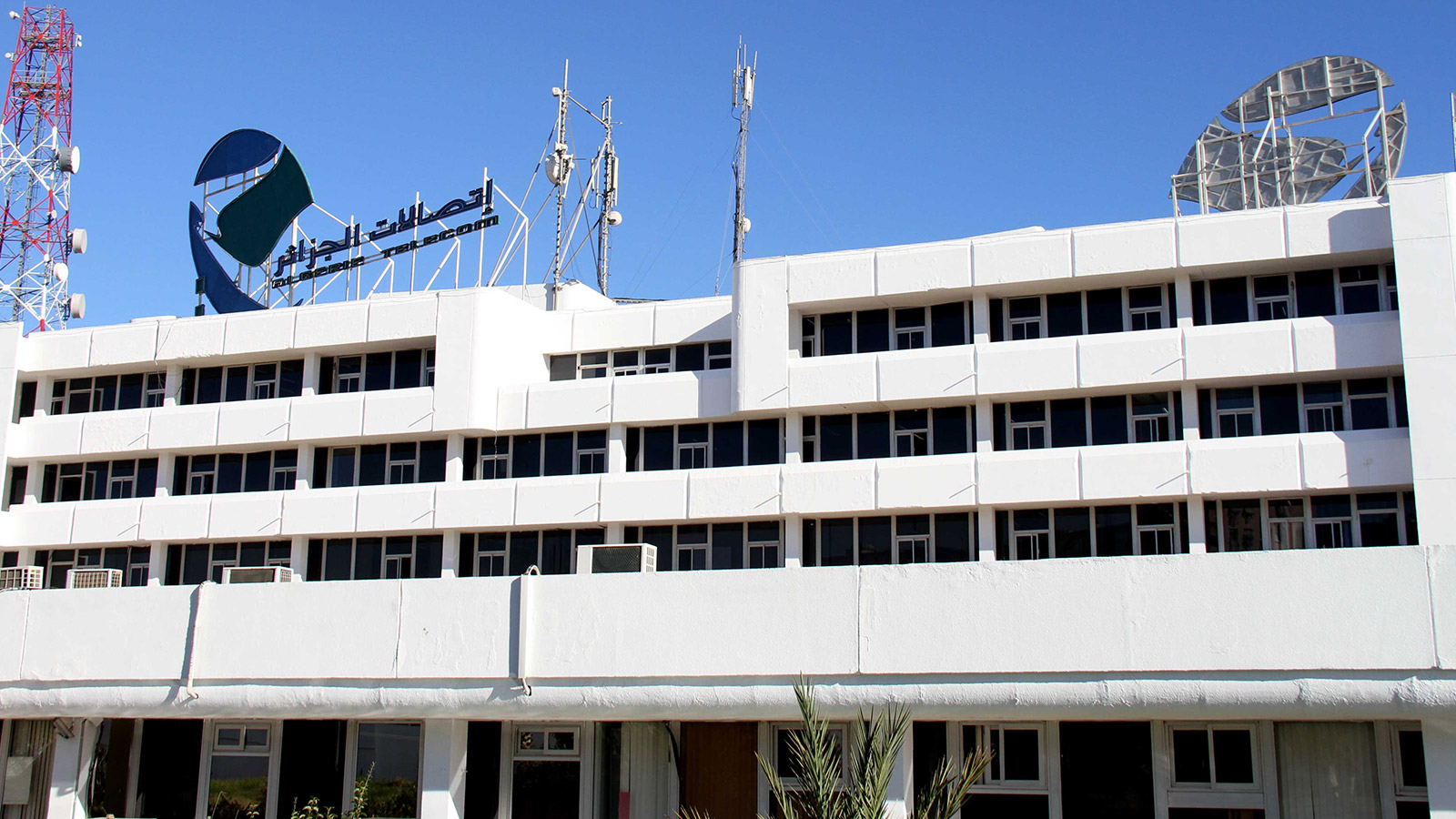







































State owned Algérie Telecom now has 2.5 million fibre subscribers
 ALGERIA
ALGERIA
Algérie Telecom has passed the 2.5 million mark on its Fibre-to-Home service, setting a North African broadband deployment record. Unveiling the milestone in Tlemcen, the state-owned operator announced that its fibre network now offers speeds of up to 1.5 GBPS, transforming Algeria into one of Africa’s fastest-developing fibre markets.
Algérie Telecom is a state-owned telephone company that owns the sole license for the fixed telephony network and broadband internet in Algeria.
This represents a landmark in Algeria’s digital infrastructure development and growing high-speed internet penetration. According to Algérie Telecom, the milestone aligns with its vision of secure, high-capacity connectivity and supporting the country’s broader digital transformation strategy.
The growth also reflects the increasing demand for high-speed and secure internet across the country.
The Fibre-to-home technology replaced copper-based connections with fibre-optic cable, offering several times the bandwidth, speedier data transmission, and better network performance.

With internet speeds of over 1.5Gbps, customers can now experience data-intensive services uninterrupted. These include 4k and HD streaming, cloud computing, e-learning, and teleconferencing. This is especially important for Algeria’s increasing number of digital entrepreneurs, students, and businesses.
In recent years, Algérie Telecom has invested heavily in fibre deployment to provide coverage to new cities, towns, and rural communities. The move is bridging the gap for Algeria as other leading African economies (South Africa, Egypt, and Morocco) have increasingly advanced fibre uptake.
Overall, fibre infrastructure has become a mainstream technology in Africa, replacing slower DSL lines and reducing the reliance on mobile data for business and household internet access.
Algérie Telecom’s experience indicates a notable adoption trend in North Africa, a growth that is underpinned by significant investment by the governments and telecom players to drive economic growth and innovation.

Algérie Telecom’s increased capacity
Algérie Telecom also assured that its focus will now shift to mass deployment to reach more regions and improve network performance nationwide. The firm said it will roll out fibre to villages and rural towns where internet access has been limited or unreliable.
In pursuit of this, Algérie Telecom is deploying additional fibre-optic networks, upgrading transmission hardware, and increasing backhaul capacity to handle larger data volumes. The deployment will serve populations in growing areas, economic centres, and industrial zones to offer high-speed Internet service to businesses and citizens.
In addition, the company will provide increased capacity with faster broadband for business and individual users. This will be suitable for heavy data consumers, including companies that utilise massive file transfers, video conferencing, and web-based collaboration software.
The expansion phase will also incorporate more advanced network management systems that will allow for stability as subscriber numbers continue to grow.
This will enable Algérie Telecom to handle increased data usage as increasing numbers of Algerians access the internet for education, work, and entertainment. Apart from this, the operator’s FTTH project will be better positioned to power Algeria’s future connectivity goals, including smart city initiatives, 5G networks, and increased uptake of IoT solutions.

Digital inclusion is a high concern in the deployment. By reducing the access barriers to broadband internet, Algérie Telecom aims to bridge the digital divide and allow more citizens to be key players in the digital economy and reap the rewards of the virtual world.
The growth is expected to increase productivity, create new economic opportunities, and boost Algeria’s competitiveness in the regional and international markets.
Algérie Telecom’s success places Algeria firmly on the map of the continent as one of the leading fibre broadband markets, with the network infrastructure robust enough to sustain future innovation and sustained growth.
With FTTH take-up accelerating, the operator is well placed to maintain its growth trajectory, connecting an increasing number of households and business premises and becoming the backbone of Algeria’s internet economy

